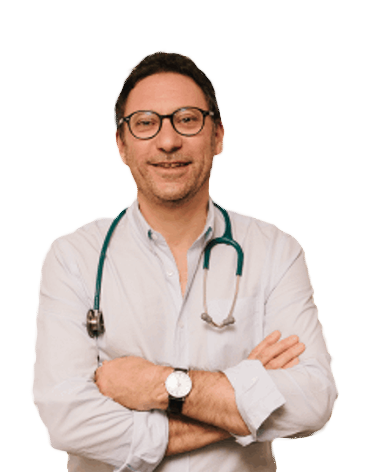Myth: Dairy foods are the only way to get calcium in my diet:
What the research says: While dairy products are a good source of calcium, they are not the only ones. Calcium is also found in canned fish with bones (such as salmon and sardines), hard tofu, almonds, dried figs, unhulled tahini (sesame seed paste) and some leafy green vegetables, particularly kale, collard greens and Asian leafy greens such as Chinese broccoli (Gai Lan) and bok choy. There are also a number of non-dairy milks fortified with calcium.
Myth: If I don’t eat dairy foods I need to take a calcium supplement:
What the research says: If you don’t eat dairy products, a calcium supplement may not be the only way to keep your bones strong. As discussed above, there are a range of other calcium-containing foods and as long as you eat enough of these you don’t need to rely on a supplement.

Myth: Any non-dairy milks are a good way to get calcium if I don’t drink milk
What the research says:There are now a range of non-dairy milks available, including soy, almond, oat, rice and coconut milk. These don’t naturally contain much calcium but many have added calcium so check the labels and choose one with at least 120mg/100ml.
Myth: While other foods contain calcium it’s not possible to eat enough of these to meet my calcium needs
What the research says: The recommended daily intake for calcium is 1000mg for men and women aged 19-50 years but increases as we age. You could achieve this by having a small can of salmon on your sandwich (~250mg), a snack of 5 dried figs (~150mg) and 40g almonds (~100mg), a stir-fry including 150g hard tofu (~115-250mg) and 1 cup of Bok choy (~130mg) and a cup of calcium-fortified soy milk (~300mg).
For more advice about healthy eating please consult one of our doctors at Southgate Medical Centre

